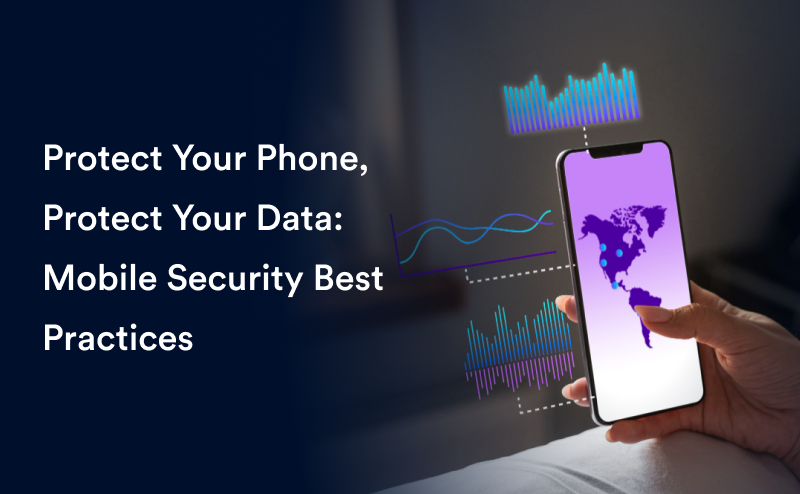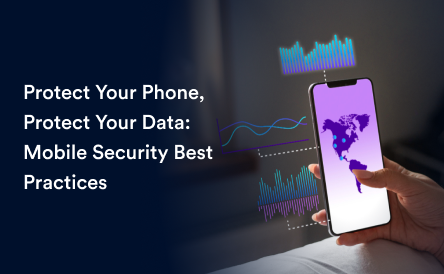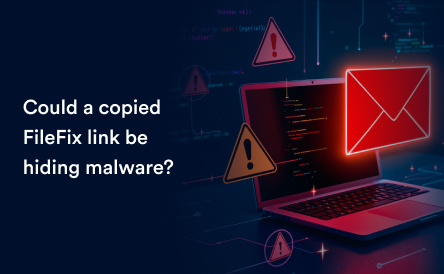
In today’s hyper-connected world, our mobile devices store everything from sensitive personal information to business-critical data. Yet, they remain prime targets for cyber threats like malware, phishing, and data breaches. Protecting your device requires continuous vigilance and smart security practices.
At Finstein Cyber, we believe that cybersecurity should be accessible and practical for everyone. This guide covers three essential best practices to help you safeguard your device and personal information.
1. Keep Your Software Updated
One of the simplest yet most effective security measures is keeping your mobile operating system and apps up to date. Regular updates include security patches that fix vulnerabilities exploited by cybercriminals.
Why Updates Matter:
- They protect against known security flaws.
- Automatic updates ensure timely fixes.
- Updates improve overall performance and add security features.
Always install updates from official sources and beware of fake update scams. Checking for and applying updates regularly is a small step with significant security benefits.
2. Use Reputable Security Apps
Installing a trusted mobile security app (antivirus) is an additional layer of protection, especially for Android users. While mobile devices have built-in security, dedicated security apps enhance protection by detecting malware, phishing attempts, and suspicious activity.
Key Takeaways:
- Security apps detect malware and phishing threats more effectively than built-in protections.
- Use apps from trusted vendors like Avast, Bitdefender, or Norton.
- Avoid downloading security apps from unofficial sources to prevent installing fake or malicious software.
Even with security apps, staying vigilant — such as avoiding unknown links — is critical to maintaining your device’s safety.
3. Stay Safe on Public Wi-Fi
Public Wi-Fi networks, often found in cafes, airports, and shopping malls, pose a serious security risk as cybercriminals can intercept data on unsecured networks.
Best Practices for Public Wi-Fi:
- Avoid transmitting sensitive information, like banking details, over public networks.
- Use a VPN (Virtual Private Network) to encrypt your internet traffic and safeguard your data from attackers.
- Turn off automatic Wi-Fi connections to prevent your device from connecting to rogue networks.
- Stick to websites that use HTTPS encryption for added security.
Public Wi-Fi is convenient but often unsecured. Taking these precautions can significantly reduce your risk of data theft.
Securing your mobile device doesn’t require complex solutions — it’s about adopting simple but effective security habits. By keeping your software updated, using reputable security apps, and being cautious on public Wi-Fi, you can significantly reduce the risk of cyber threats.
At Finstein Cyber, we are committed to helping individuals and businesses stay cyber-secure. Implement these best practices today to keep your device and data safe in an increasingly digital world.
Stay secure. Stay informed. Stay ahead.
Mobile security |Cybersecurity |Device protection |Data security |Secure browsing |Phone security |Cyber threats |Malware protection |Antivirus apps |Public Wi-Fi security
#MobileSecurity #CyberSecurity #DataProtection #StaySafeOnline #DeviceSecurity







